Lewis Hamilton and Nico Rosberg clash off the track at Hungarian GP
- Published
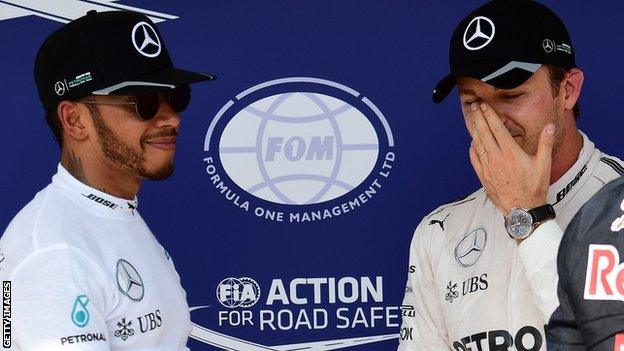
Lewis Hamilton called for clarification on the yellow flag rules after Mercedes team-mate Nico Rosberg beat him to pole in Hungary on Saturday
Lewis Hamilton leads the World Championship for the first time this season after his dominant victory in the Hungarian Grand Prix, but in some ways events after the race were just as important as what happened on track.
Not satisfied with the inevitable psychological blow to title rival Nico Rosberg that must have come with the knowledge that Hamilton had gained 49 points on him in just six races, the world champion openly undermined his Mercedes team-mate in the post-race news conference. While sitting right next to him.
And after sitting listening to it, Rosberg waded right in there himself.
The argument was about the events of qualifying, when Hamilton had lost out on pole to Rosberg on Saturday in controversial circumstances.
Hamilton was far from the only driver who felt stewards had been wrong in allowing Rosberg to keep the lap time that was set while double-waved yellow flags - the highest caution warning before a safety car - were being displayed.
Despite that, he said at the time he was "not too disappointed", while adding that he felt the situation needed clarifying.
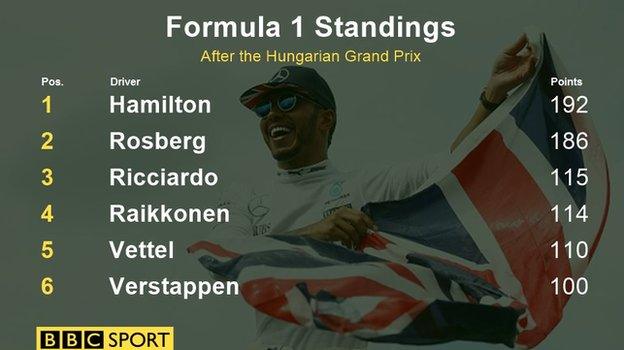
What was the row about?
But the incident clearly still rankled after the race.
"The stewards need to come up with some kind of solution because the whole 23 years of my racing, it has been 'if it's yellow flag, you slow down' and if it's double yellow flag, you be prepared to stop and Nico was doing the same speed at the apex as I was doing on the previous timed lap," Hamilton said, as Rosberg sat, face like thunder, alongside him.
"If there happened to be a car that was spun or a marshal on the track, it would have been pretty hard for him to have slowed down in that case.
"And the fact that he didn't get penalised for it means that we need to be careful because the message we're sending not only to the drivers here but also to the drivers in the lower categories is that it's now possible for you to lose only one 10th of a second in a double-waved yellow flag section, which is one of the most dangerous scenarios.
"They need to clear that up because before it was two-tenths that you were meant to lose with one yellow flag and half a second with two yellow flags. It wasn't the case yesterday and there was no penalty.
"So going into the next race, we could be battling for pole position and we see double yellow flags and we know we only have to do a small lift and lose one-tenth of a second and we'll be fine and go purple in the sector."
Before the compere had a chance to move things on to the next subject, Rosberg jumped in and asked for right of reply.
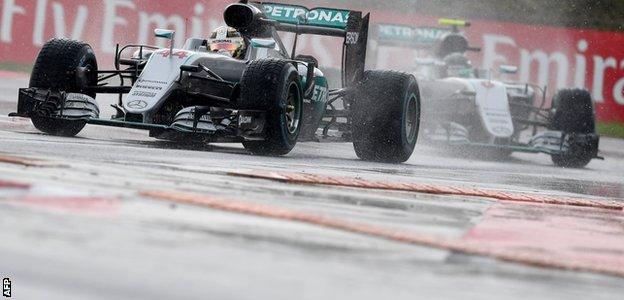
The Hungaroring circuit was very wet at the start of qualifying but times fell as the track dried out
"Thank you for making that statement," he said to Hamilton, slapping him on the shoulder, voice dripping with sarcasm, before going on to say that he had lifted off the throttle 30 metres earlier than normal for the corner and entered it "20km/h slower".
"That's a completely different world in an F1 car," Rosberg said. "Everything is safe. So definitely I significantly reduced my speed and that's what it says you need to do and that's why for the stewards that was completely acceptable."
As for the increased speed at the apex of the corner, Rosberg said that was to be expected "on a drying track".
Hamilton was not finished, though. A couple of hours later, he raised it again in another news conference, this time in the Mercedes motorhome.
He initially said he "didn't want to get into that again - I don't want to get into a war. It wasn't accurate what Nico actually said but it doesn't really matter".
But a few questions later, he could not help himself, saying "lifting and coasting into a corner is fuel saving, and braking at the same place and getting on the power five metres earlier and being the same speed at the apex and much quicker at the exit is not preparing [to stop, as demanded by the rules]".
Who was right?
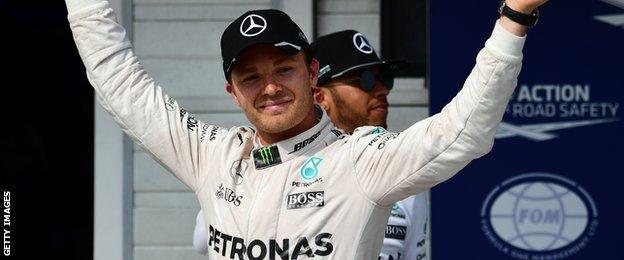
Nico Rosberg kept pole position after race stewards said he did not breach the rule surrounding double-yellow flags
Technically, both men had a point. Rosberg was allowed to keep the time because stewards adjudged him to have slowed down sufficiently.
The drivers work to guidelines that sufficient slowing of pace for a double-waved yellow flag is to lose 0.5 seconds in a section of track defined by timing loops.
These are normally eight seconds long. But in this case, the timing section was only three seconds long. Rosberg slowed by a little under 0.2secs; so, technically, pro rata, that was enough.
The issue for the other drivers was whether this interpretation was the appropriate one in the circumstances. Ferrari's Sebastian Vettel and Red Bull's Daniel Ricciardo were among the leading drivers who felt it was not.
This will run and run - Hamilton has said he has already raised it with FIA F1 director Charlie Whiting. "He is going to think about it because that's not the way it should be," Hamilton said, adding that he would definitely raise it as a discussion topic in Friday's drivers' briefing at next weekend's German Grand Prix.
What's behind the argument?
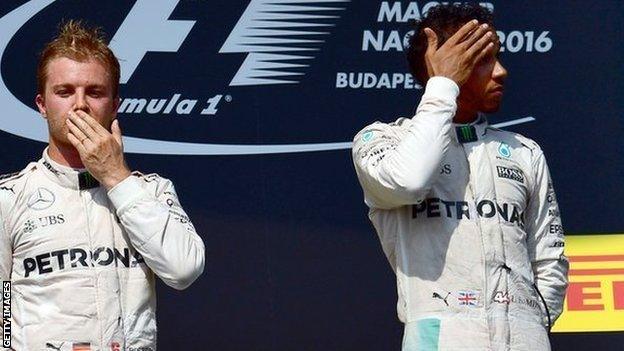
The atmosphere was tense between Hamilton and Rosberg following the Hungarian Grand Prix
Of course, a tasty public row between team-mates and title rivals is good box office. But what is more interesting is what this says about the relationship between the two men.
Three races ago, before the European Grand Prix, Hamilton was saying how the things between himself and Rosberg were as good as they had been for years.
Rosberg put the lie to that in an interview before this weekend's race in Hungary., external And now Hamilton has effectively undermined his own argument.
He could have kept this behind closed doors, dealt with it privately with Whiting. He could have mentioned it once and left it. But to bring it up three times in separate situations seemed to many like an attempt to unsettle Rosberg, perhaps even rub in the dispiriting turnaround in the championship.
Hamilton feels a sense of superiority over Rosberg; that has been clear for a long time. And it's not hard to see why.
Mercedes team boss Toto Wolff said after the race that it will always be close between Hamilton and Rosberg and that he expects the championship to go to the wire this season.
He may well be right, on one level. But the statistics of their time as team-mates tell their own story.
In two and a half seasons, Hamilton has won 26 races and Rosberg 16.
Three times in 2014, Hamilton's first world title for Mercedes, he made up gaps of 25 points - a clear win - or more and still won the championship by a significant margin after a difficult start to the season.
Last year, he walked it, hardly letting Rosberg get a look-in until the title was was good as sewn up.
And this year has strong echoes of 2014 again. Another difficult start - the worst part of it consecutive engine failures in qualifying in China and Russia - left Hamilton 43 points behind after four races.
In the next race, the two men crashed together on the first lap and had the riot act read to them by Wolff.
This, Hamilton said on Sunday, had felt like "rock bottom" but "ended up being a turning point".
"Where do we go from here?" he said of his thoughts at the time. "The only way was up. I managed to get my head together and get on with it."
Since then, he has hardly looked back. But for a bizarrely error-strewn qualifying session in Baku, he may well have won all six races.
A dominant victory?
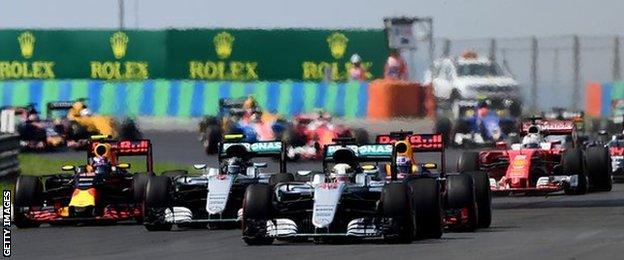
Hamilton took the lead on the run out of Turn One en route to a record fifth win at the Hungaroring
If Hamilton's remarks were an attempt to score a psychological point, it was probably unnecessary. Hamilton utterly dominated in Hungary, even if he had an up-and-down weekend.
Blisteringly fast in first practice, he crashed at the start of the second. Struggling as a result in final practice, he was nevertheless on course for a pole with a lap that would probably have been half a second up on Rosberg's only to come across Fernando Alonso's spun McLaren broadside across the track.
In the end, the row over the yellow flags that incident produced was irrelevant. Hamilton made a slightly better start than Rosberg, and in a five-car concertina at the first corner involving both Mercedes, both Red Bulls and Vettel, the world champion emerged in the lead.
From there, he controlled the race at will, going only as fast as he needed to, upping the pace when asked. He kept Rosberg at arm's length as he protected the delicate Pirelli tyres - "like having £100 to spend and having to be careful how you spend it," Hamilton said afterwards.
He was "proud" he said, of how he had closed what he had thought back in Spain might be an insurmountable gap.
It will take more than this to break Rosberg, but his mantra that "it is only small differences that decide it; I just have to turn them around in my favour" is starting to wear thin.
More often than not, those differences are in Hamilton's favour.
His engine problems early in the season mean Hamilton will take a major grid penalty at one of the remaining nine races, which will almost certainly hand Rosberg an easy win such is Mercedes' superiority.
But if the battle between them continues in its usual manner, Hamilton is surely on his way to his fourth title and public point-scoring won't be necessary.
- Published24 July 2016
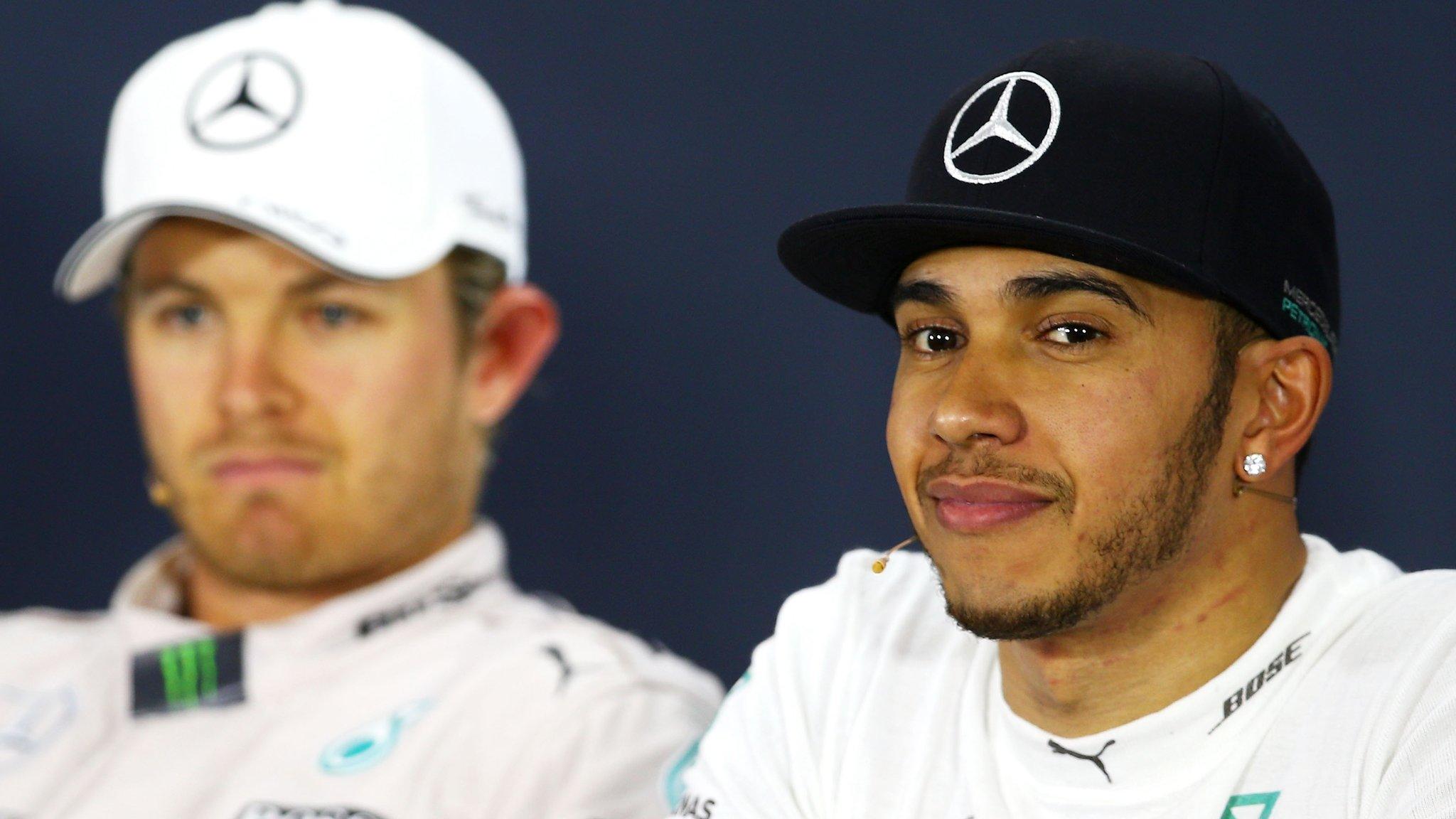
- Published24 July 2016
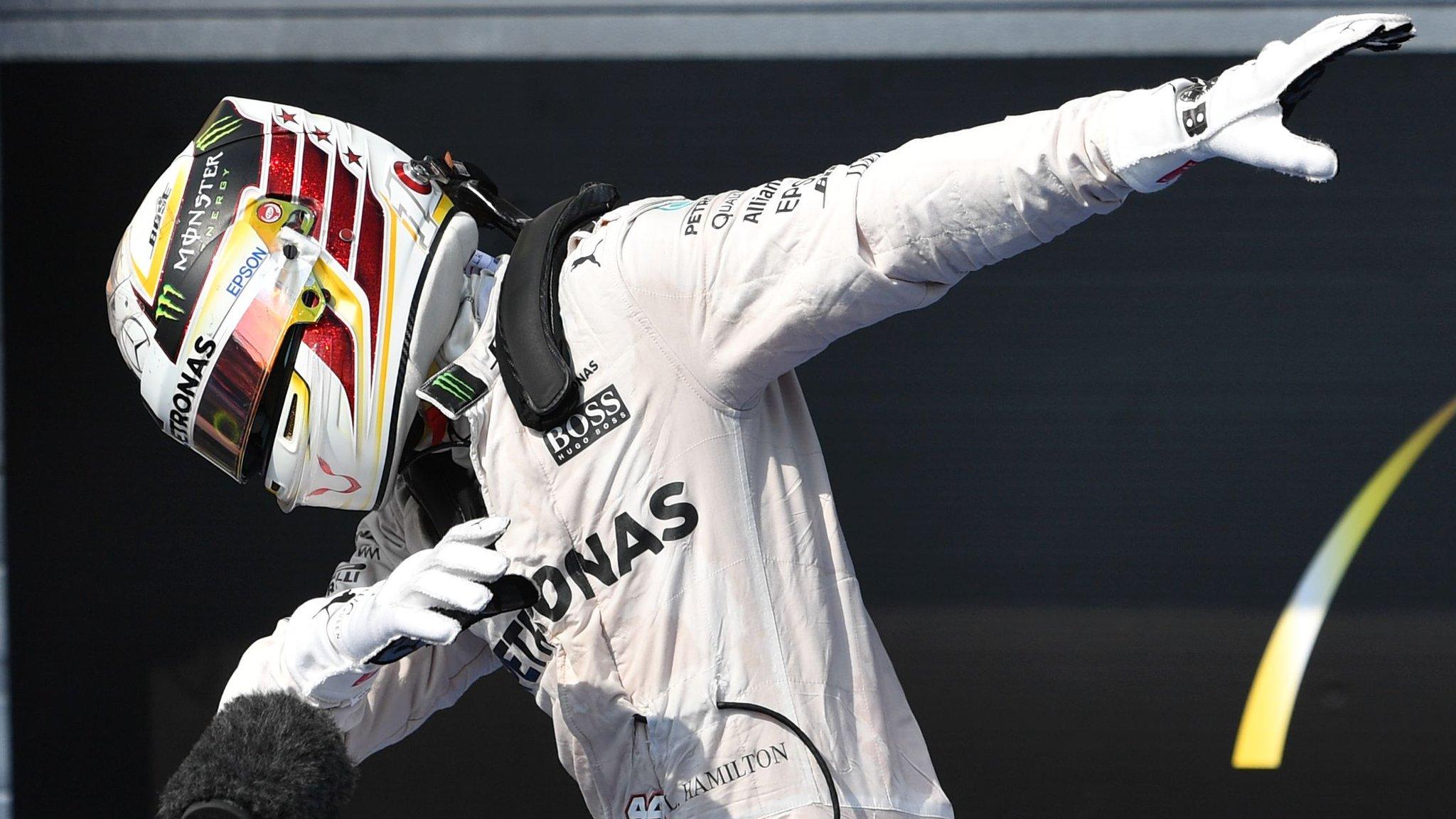
- Published24 July 2016
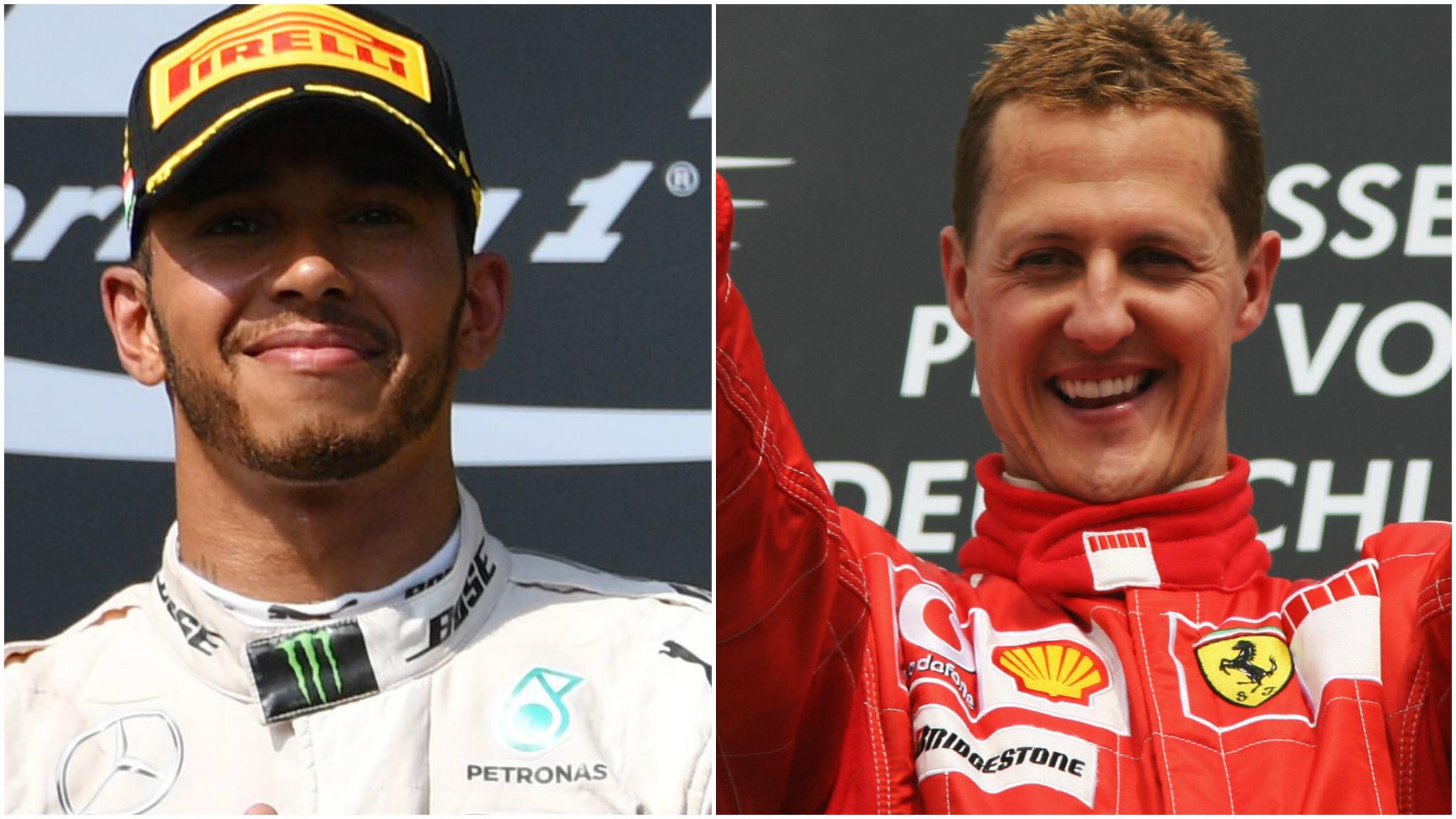
- Published23 July 2016
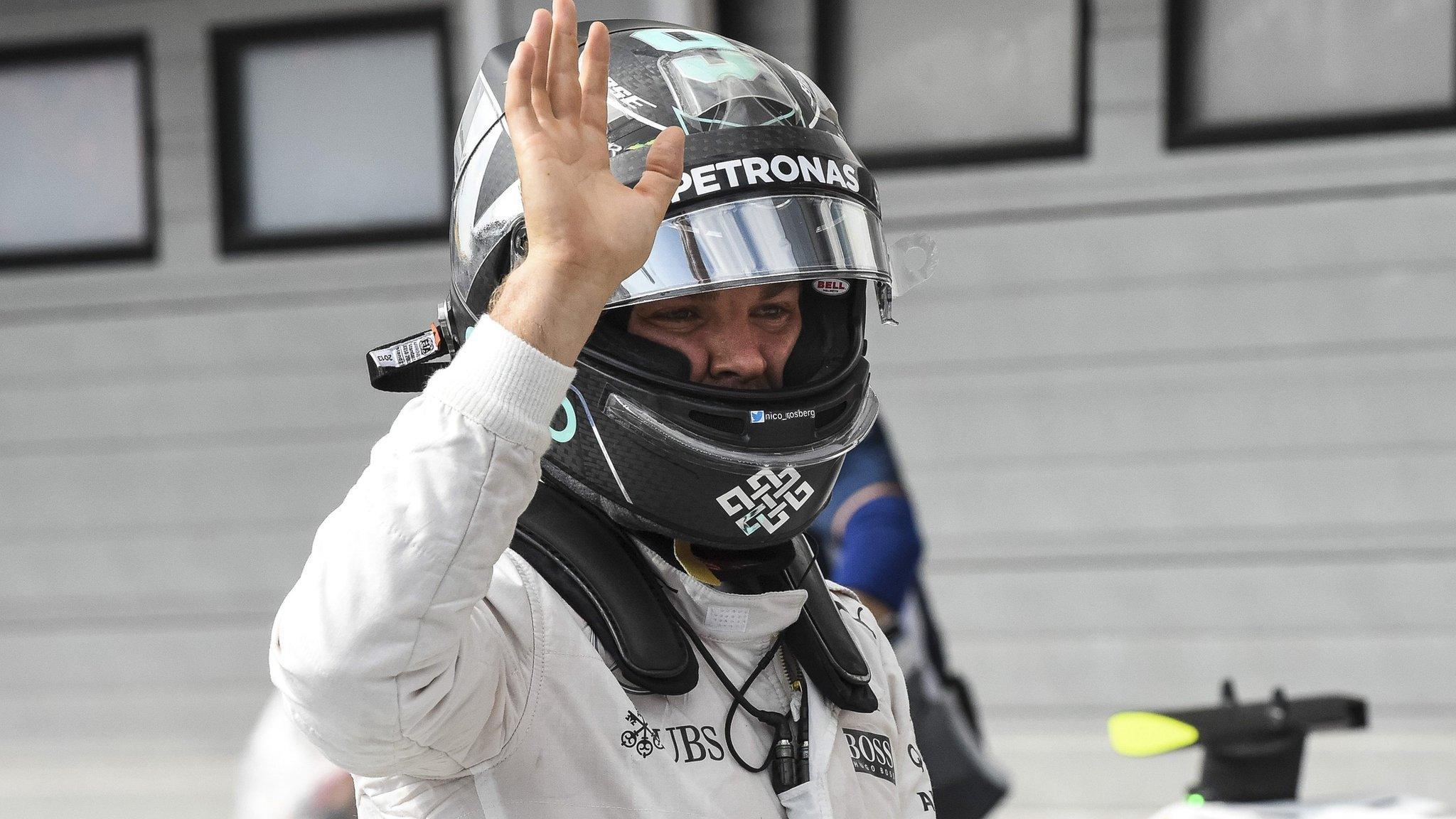
- Published24 July 2016
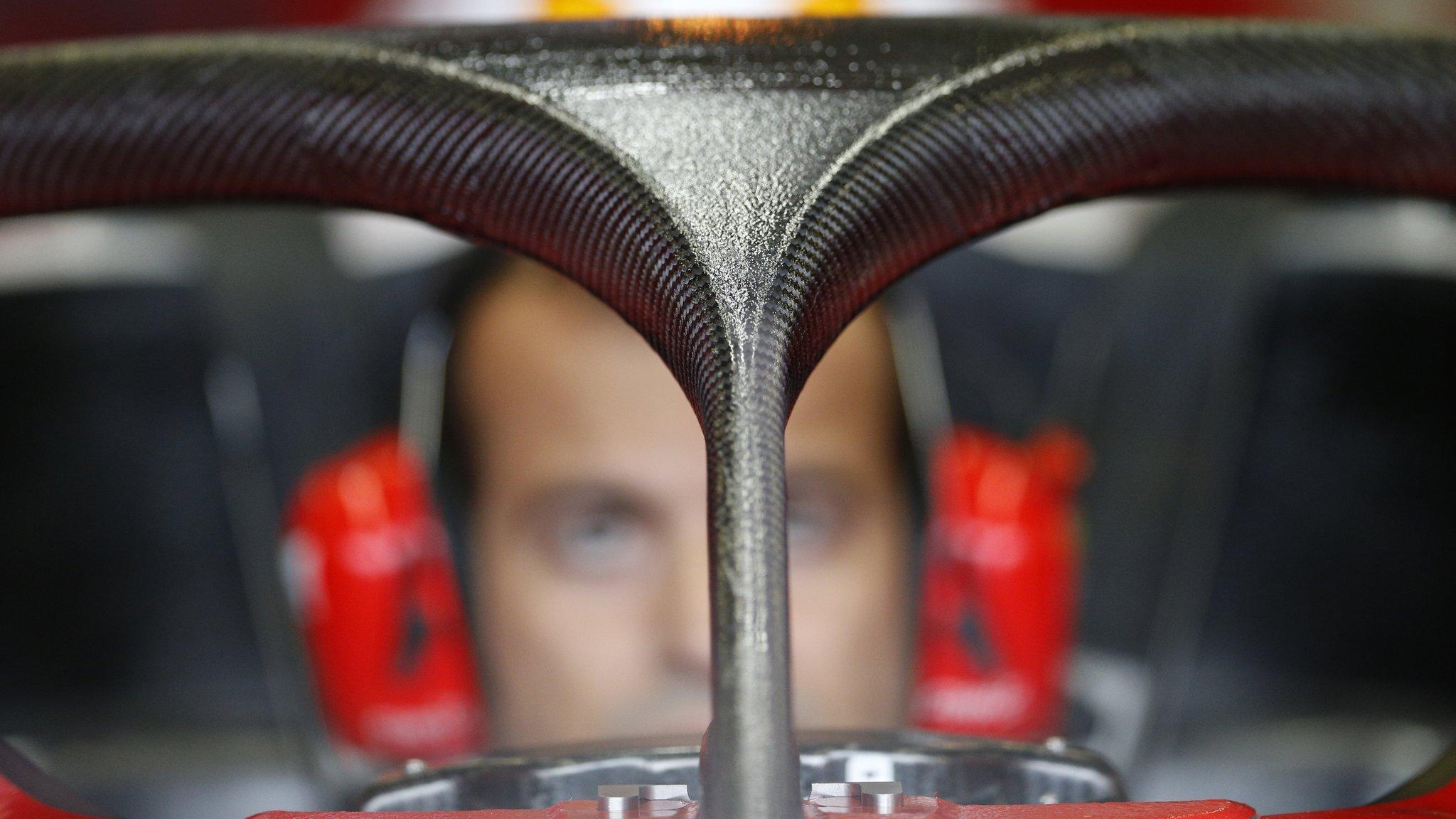
- Published16 July 2016
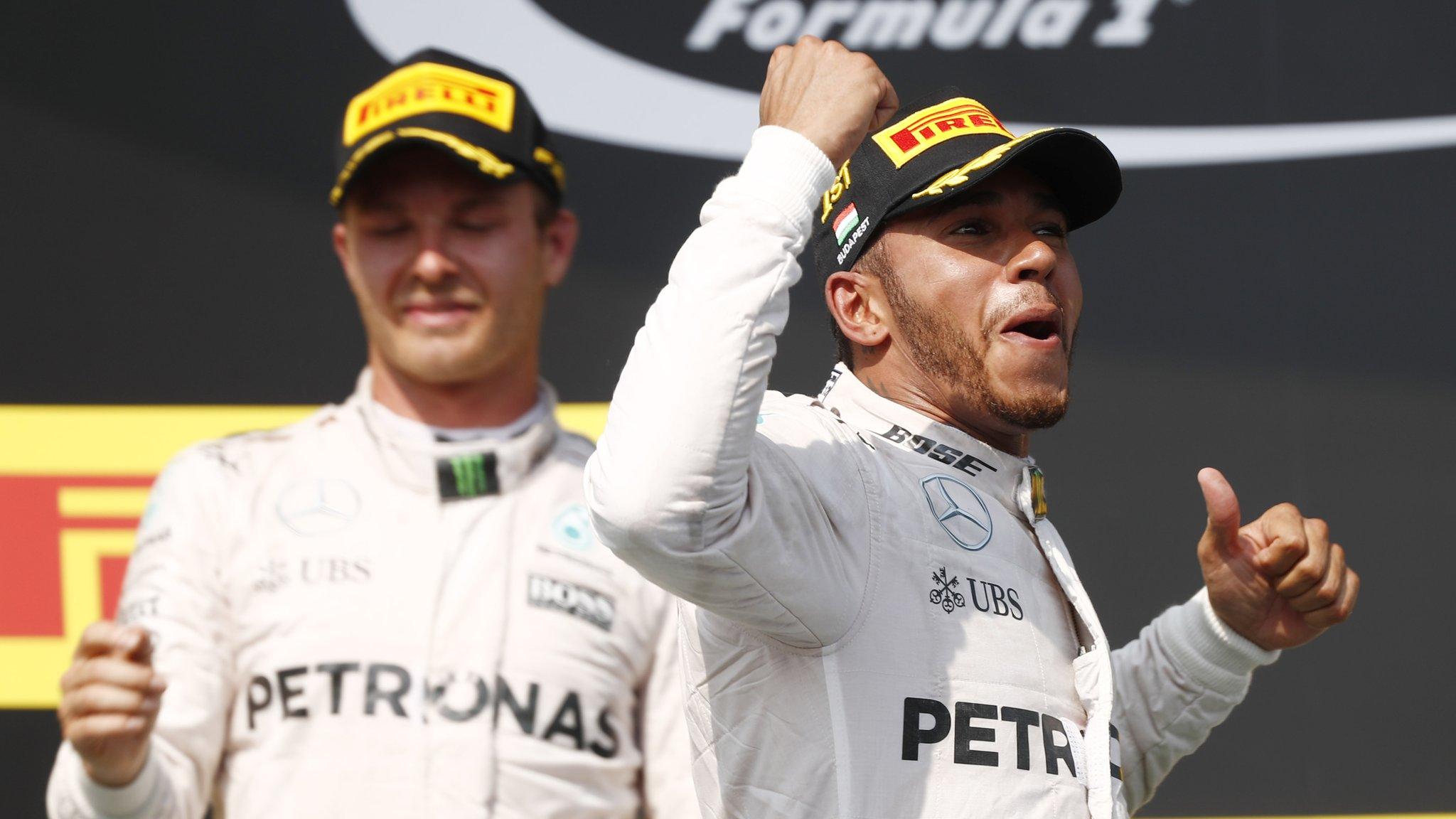
- Published23 July 2016
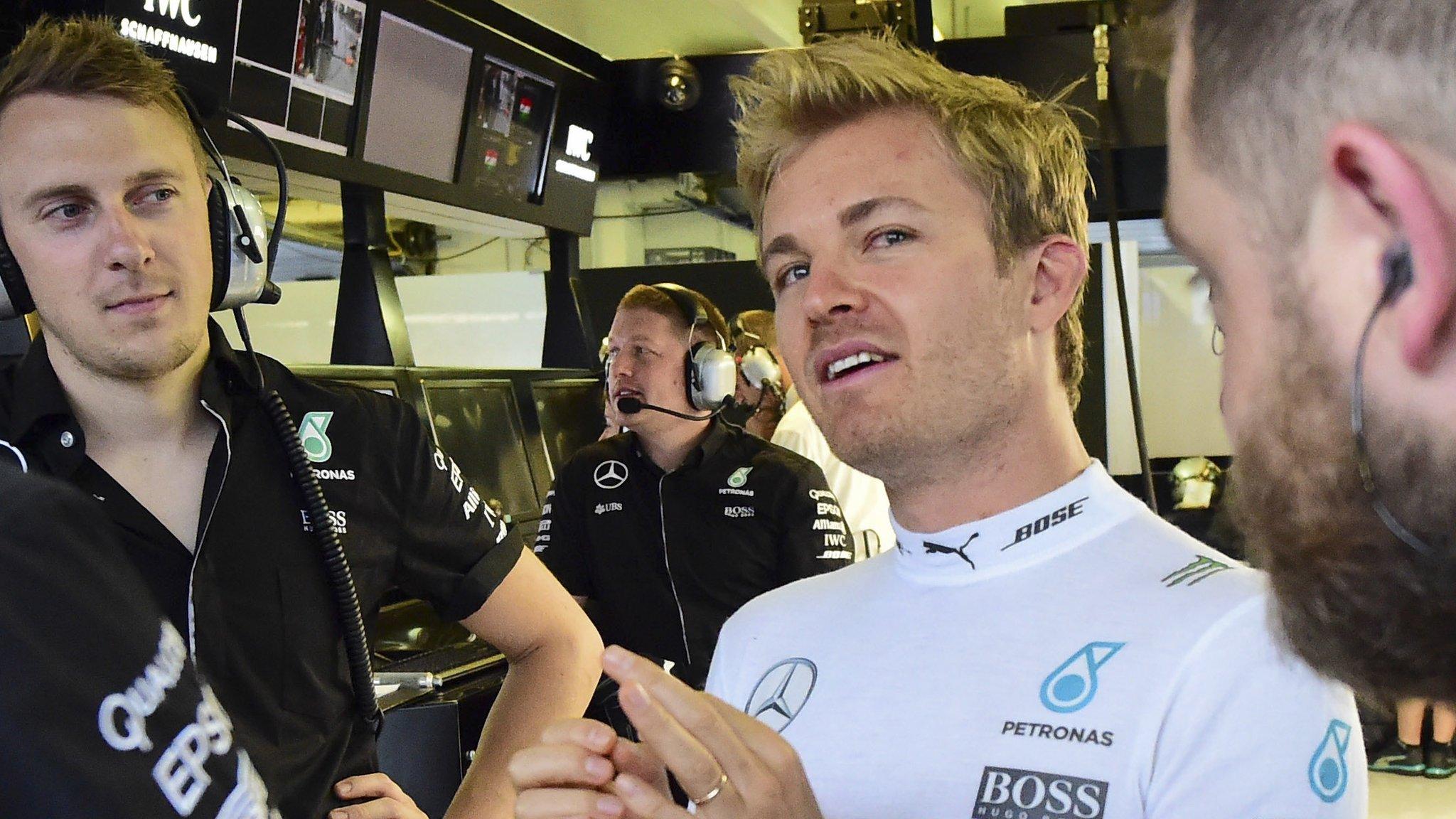
- Published16 July 2016
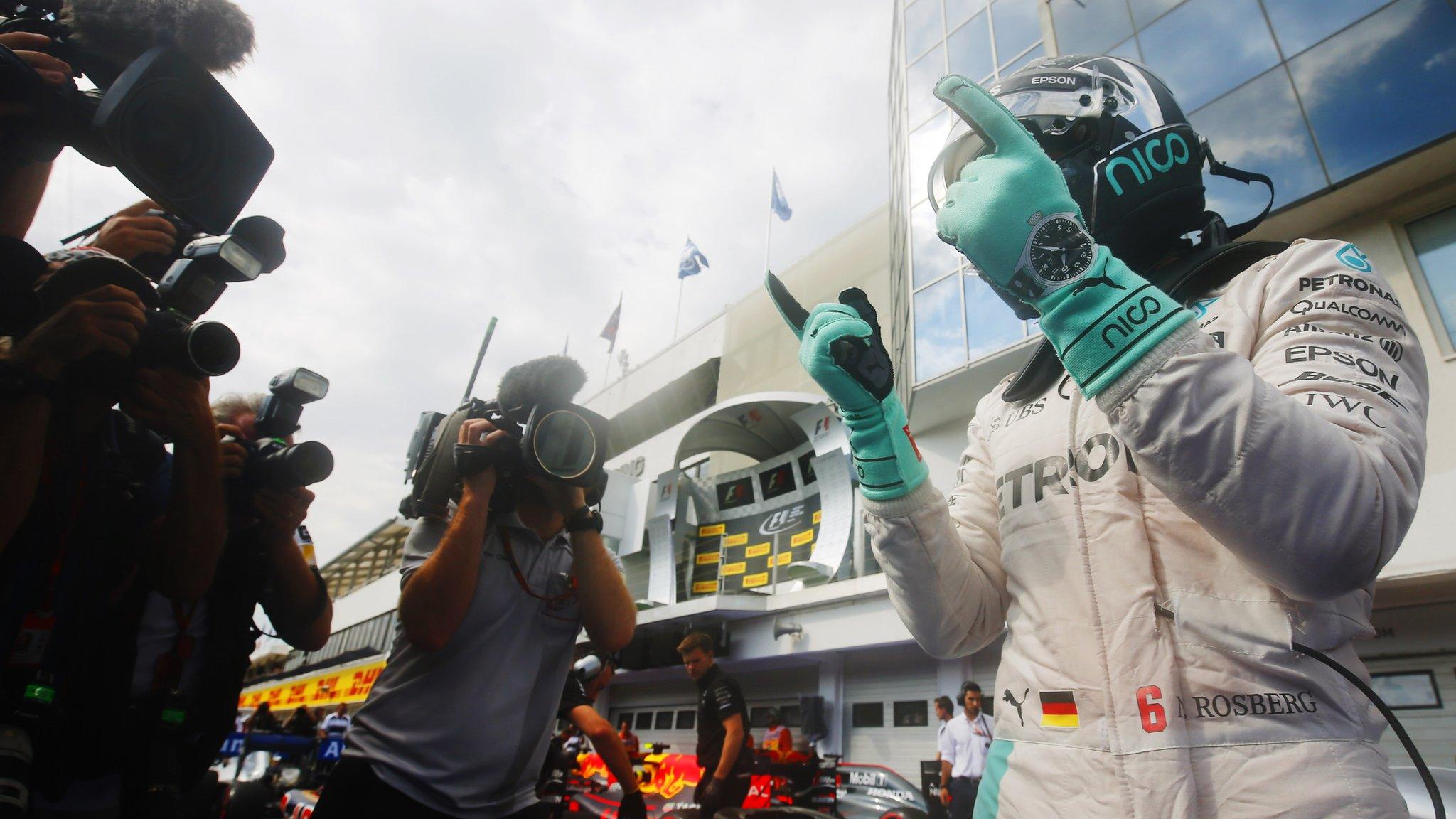
- Published23 July 2016
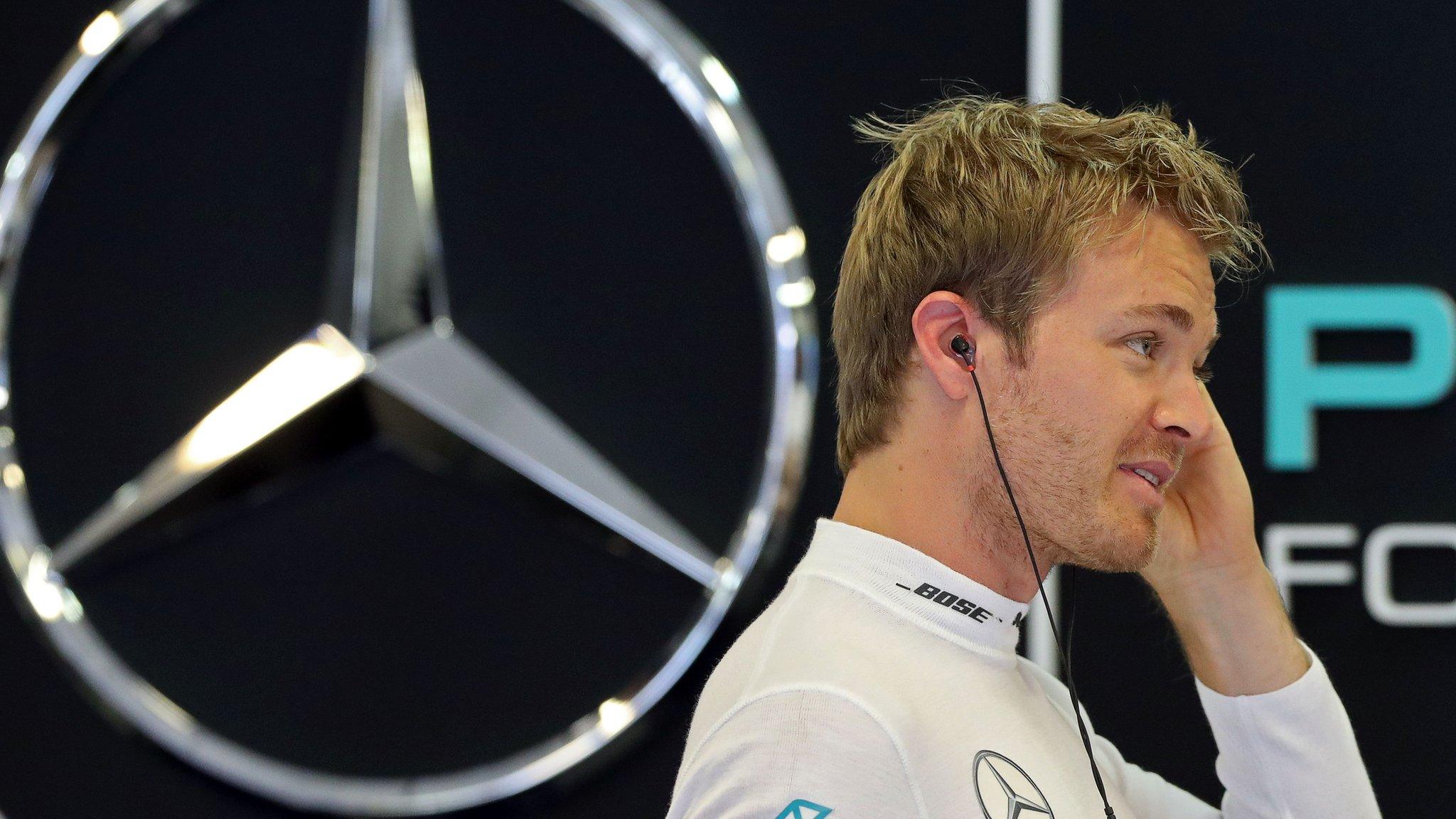
- Published22 July 2016
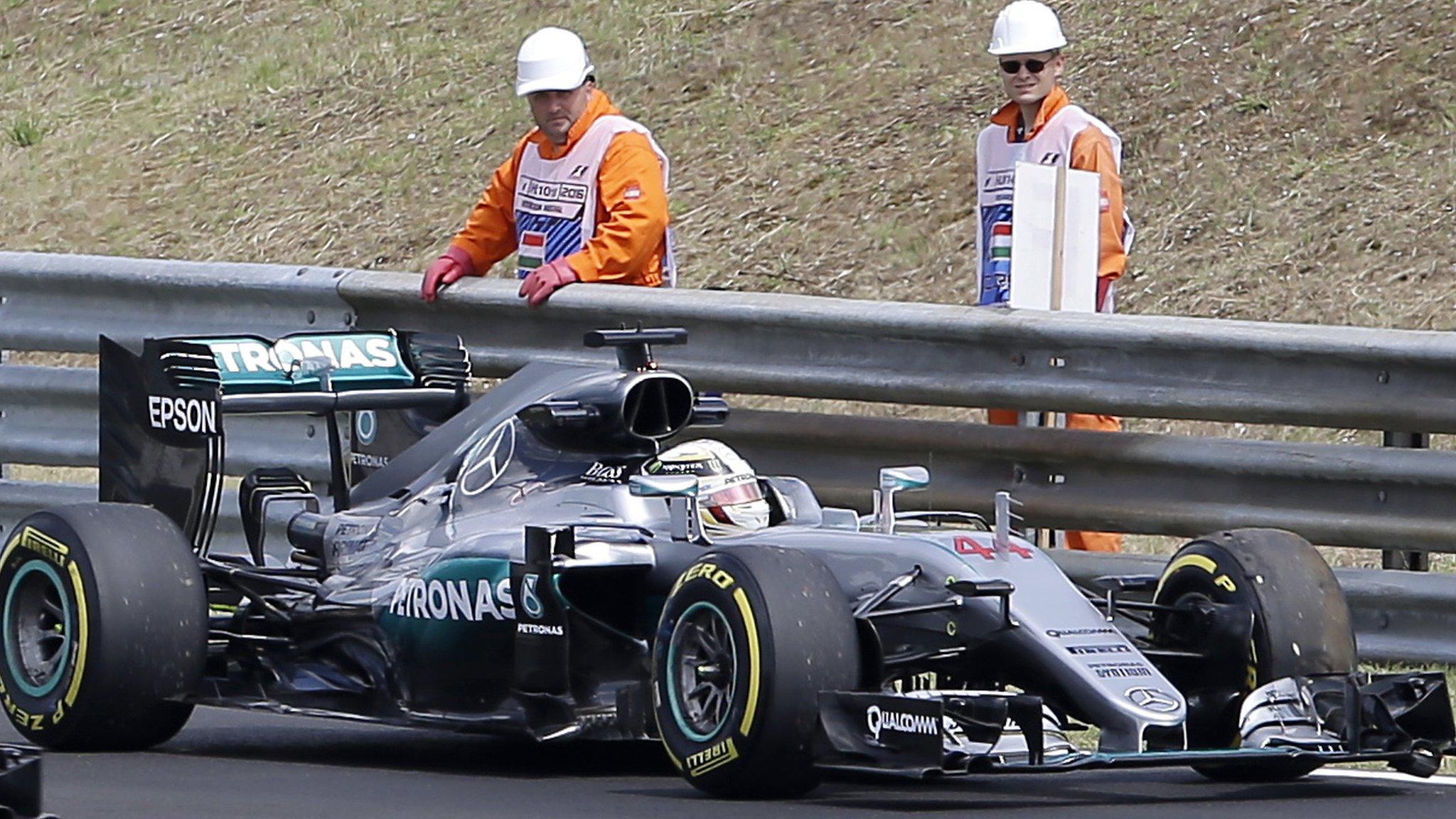
- Published16 July 2016
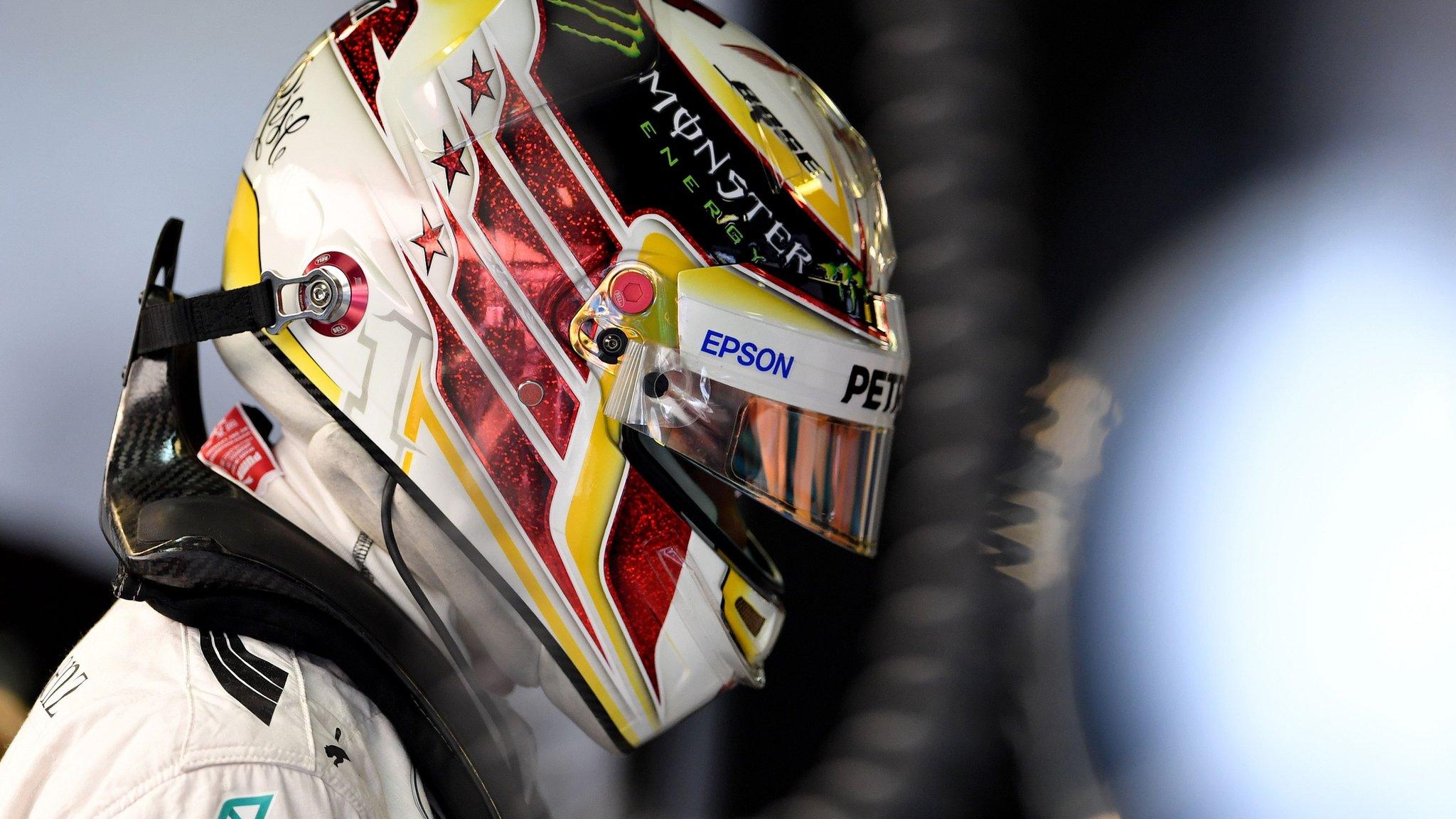
- Published22 July 2016
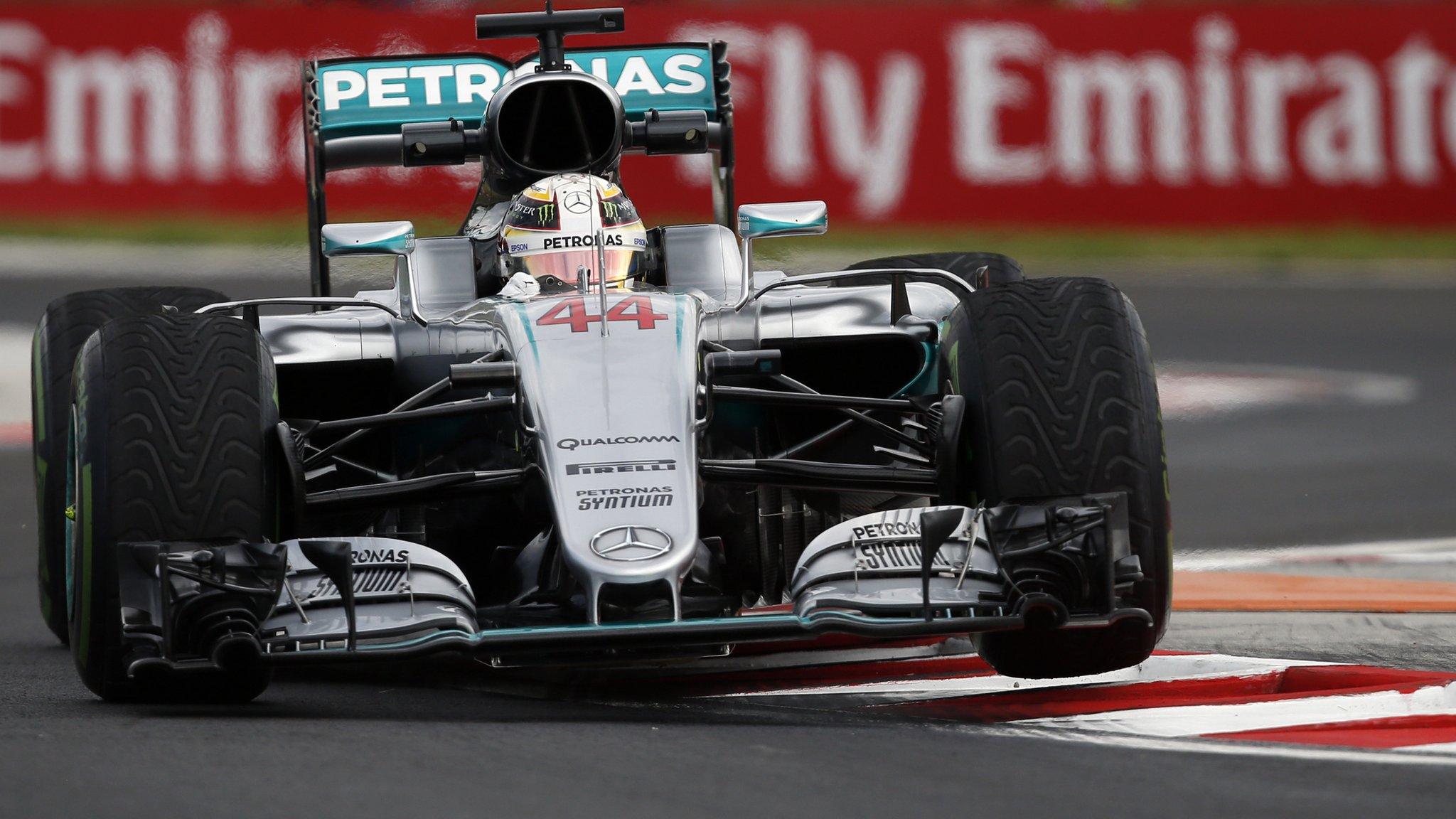
- Attribution
- Published22 July 2016
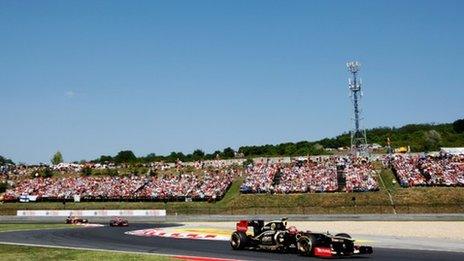
- Published22 July 2016
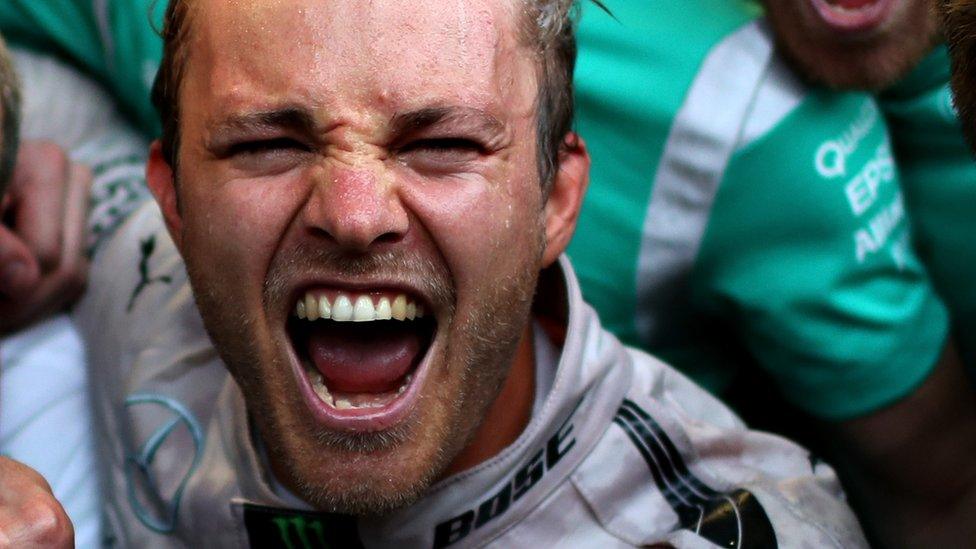
- Published21 July 2016
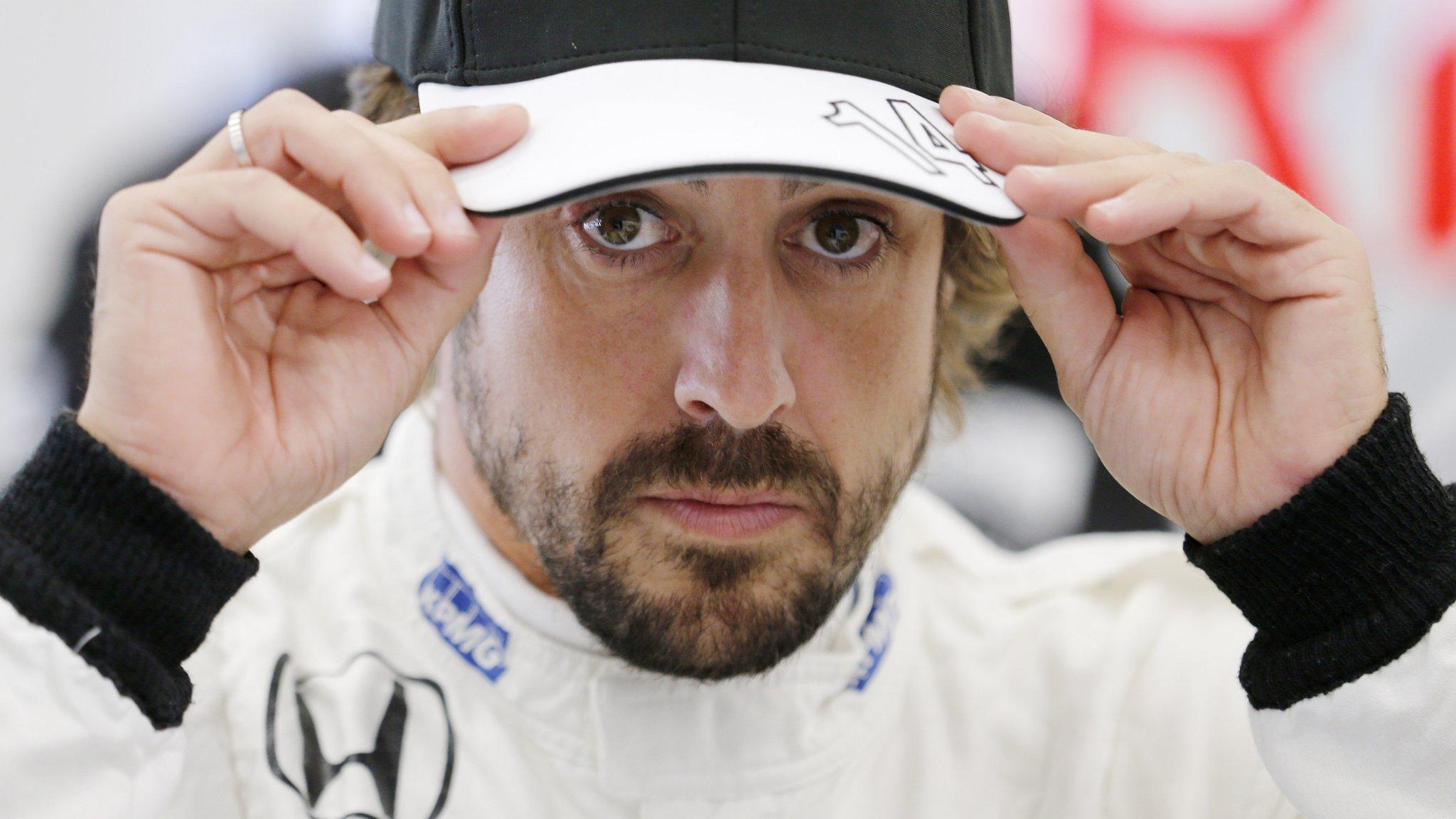
- Published21 July 2016
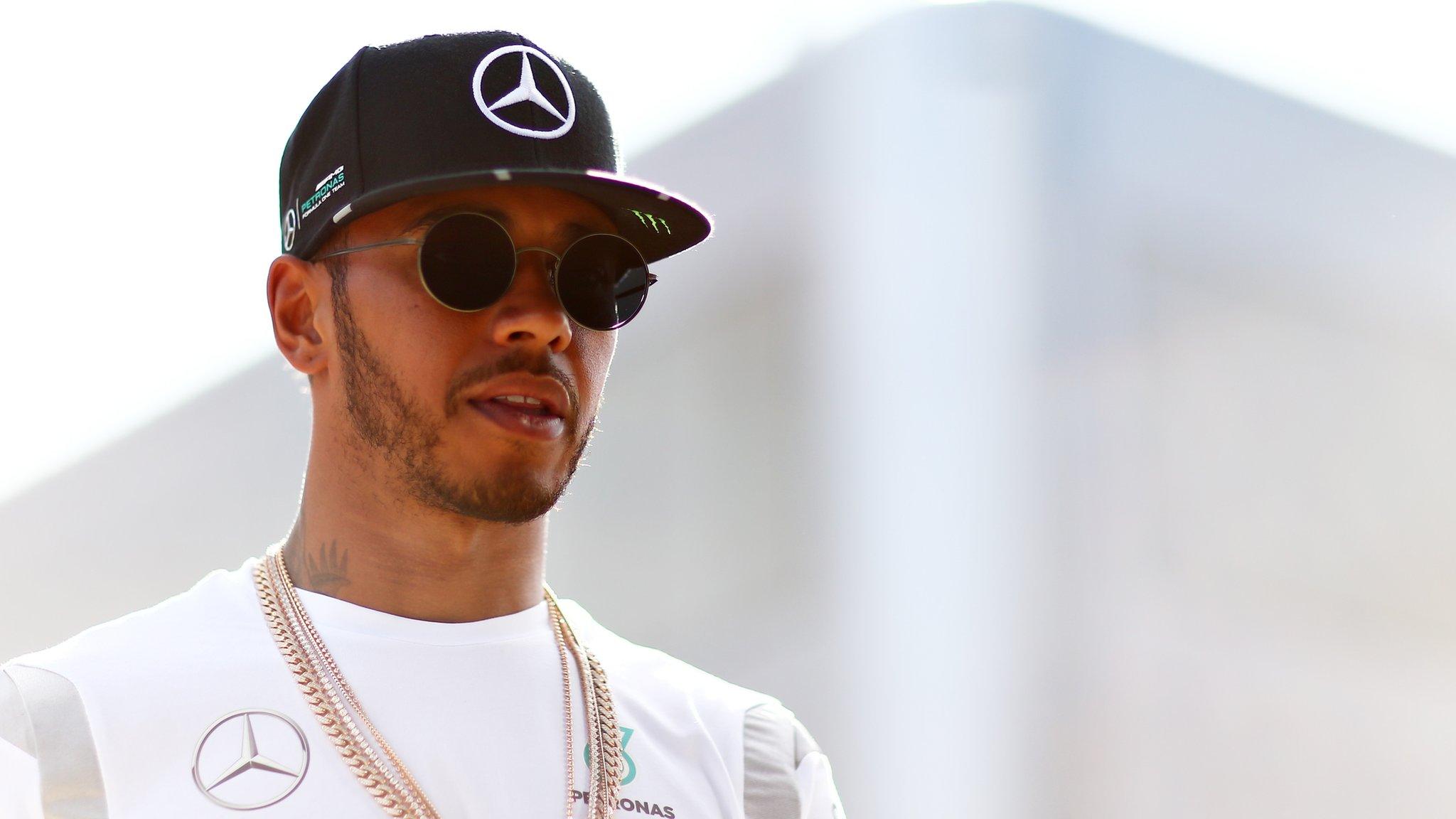
- Published21 July 2016
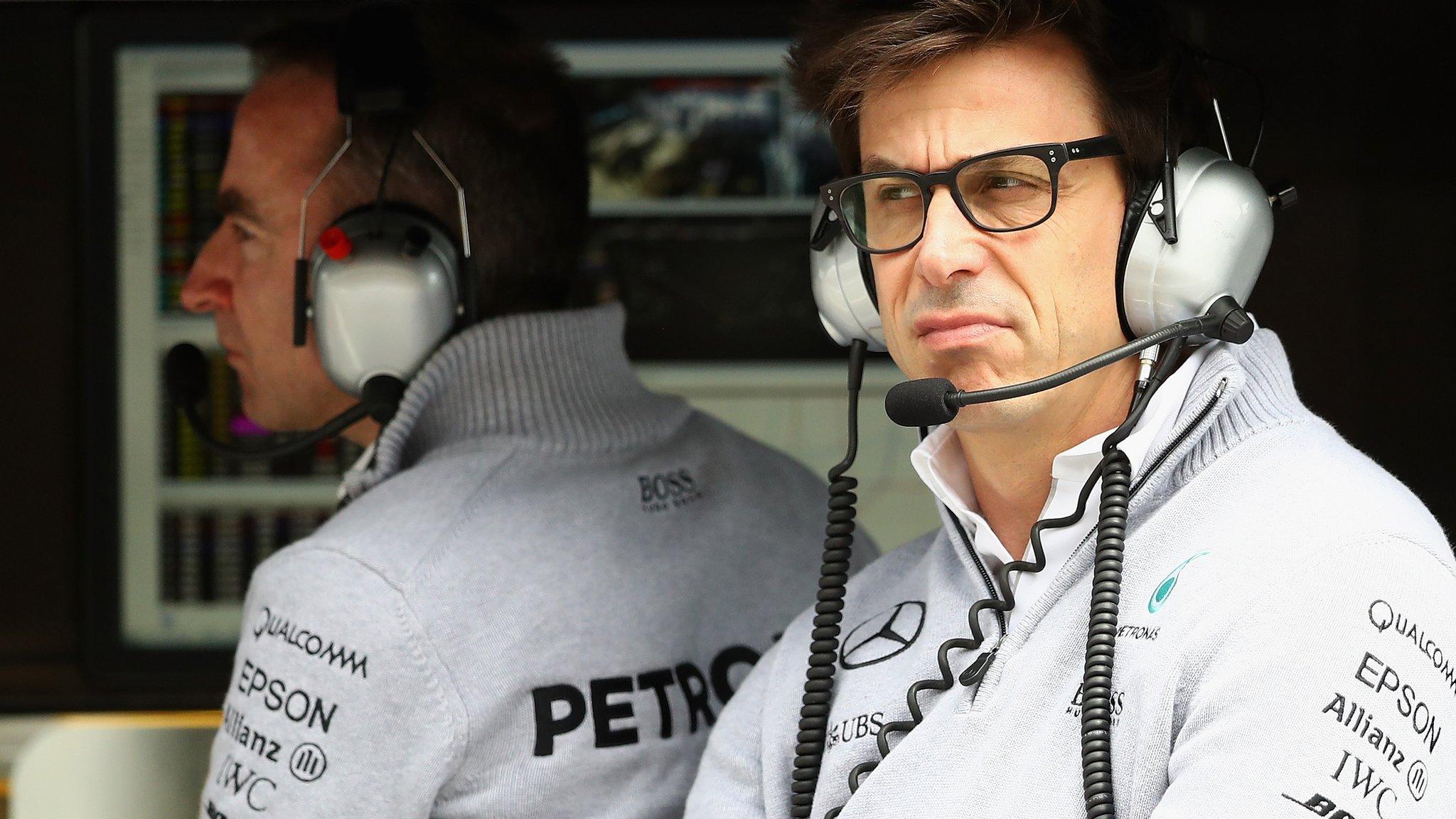
- Published18 December 2015

- Published8 August 2017

- Published13 May 2016

- Published26 February 2019
